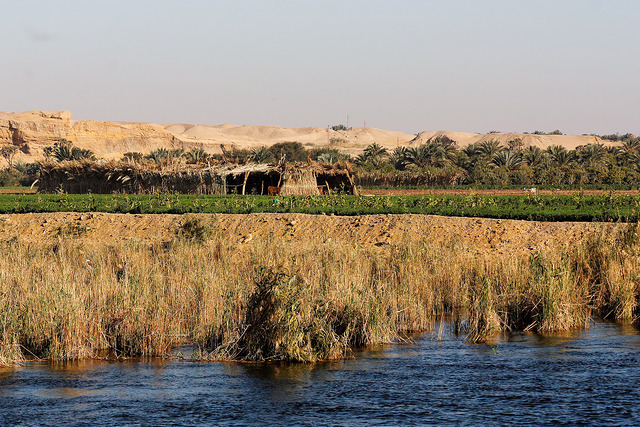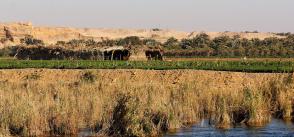
Mideast: Growing Urbanisation Worsens Water Scarcity, Food Imports
Conflict and insecurity remain the key barriers to development progress in the Middle East and North Africa. In Iraq, Libya, Syria, and Yemen, about half the population—around 40 million people—require humanitarian assistance. Across the region, countries depend heavily on food imports. As their populations urbanise and grow, the need for imports will increase.
These are some of the Middle East and North of Africa related key findings of the 2017 Global Food Policy Report, which was issued by the International Food Policy Research Institute (IFPRI) on 24 May at an international experts meeting in Cairo.
Dealing with the major challenges facing the Middle East and North of Africa (MENA) social and economic development, the Cairo international experts seminar focused on food import dependency in a region rife with population growth, urbanisation and conflict.
Organised by IFPRI and the Faculty of Economics and Political Science of Cairo University under the theme “Rapid Urbanisation Challenges Food Security in Egypt” the meeting examined the situation in Egypt.
Read the full article by Baher Kamal via Inter Press Service.
[Photo by NeferTiyi | Flickr]







